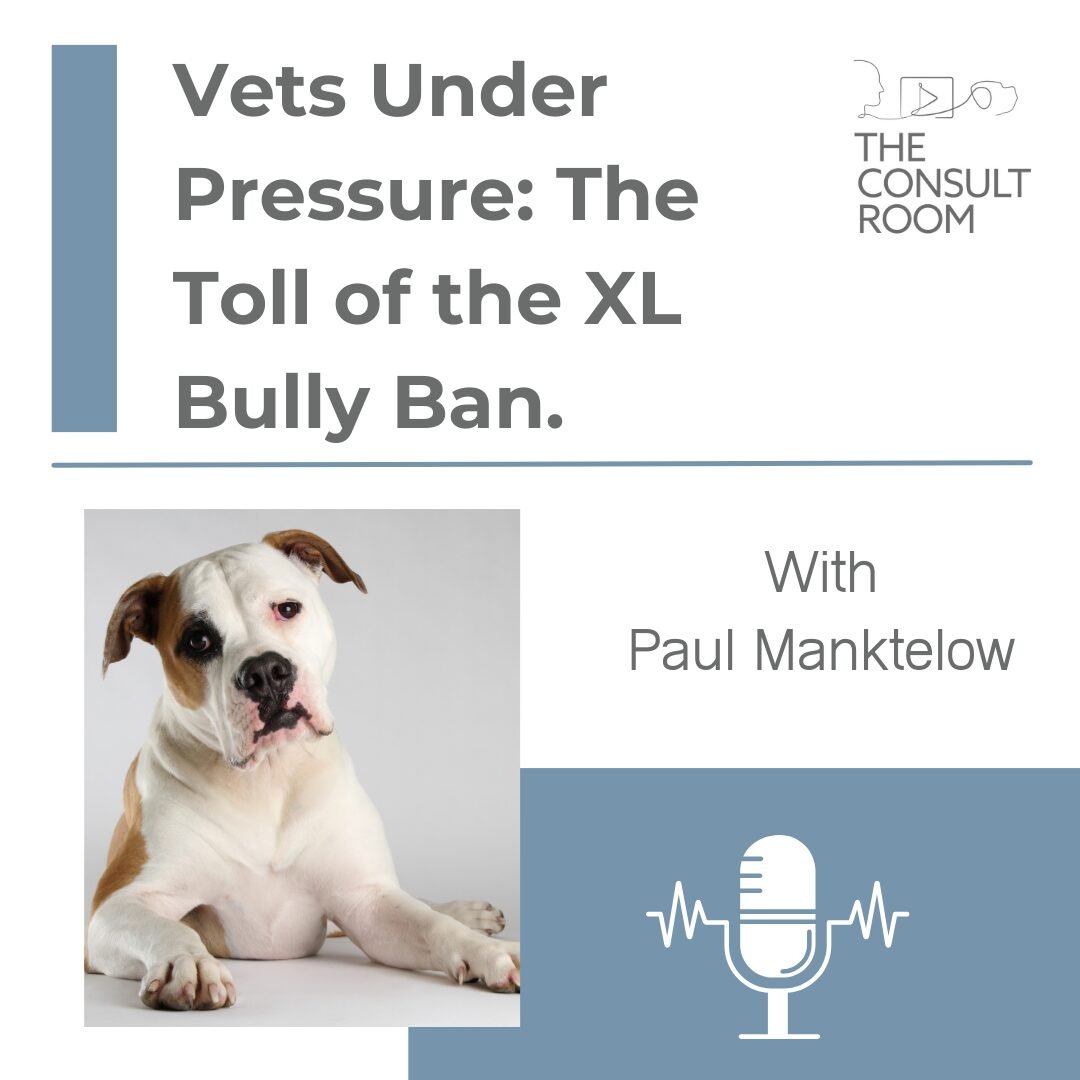Emotions surrounding pet bereavement can be hard to talk about. My 18+ years experience as a vet, dealing with not just pets but their owners, has taught me that talking openly with pet owners about grief, guilt and anxiety helps them to cope with decisions such as when to let go.
Guilt is natural
Despite choosing pet euthanasia for compassionate reasons, and with the best of intentions, many pet owners still feel incredibly guilty for taking a decision to put a pet to sleep. There is often conflicted guilt about whether this has happened at the right time or for the right reasons. Speaking to your vet can help to reassure you about the overall picture for your pet and what is in its best interests, particularly where quality of life is concerned.
You can also find out more about signs it may be time here.
Grief is complex
Grieving for a beloved pet can be just as complex as grieving for any other loved one. But when we have had to make a decision about pet euthanasia, it can also be compounded by what is known as Anticipatory grief.
Anticipatory grief is often experienced as owners watch a beloved pet age or receive a terminal diagnosis, when the ‘letting go’ decision gets closer. It can also be very common in those days between making the decision and the act being carried out by a vet. This type of grief comes as part of processing the impending change to our lives that the loss of a beloved pet will bring.
Another form of grief which is commonly associated with pet bereavement is Echo Grief. Often our pets have strong links for us to others and may even be physical reminders of those who are no longer with us. Many of us know someone who has ‘inherited’ a pet to care for after the owner has died, making this pet the last link to someone else we are grieving for.
Echo grief is literally an echo of the loss felt for that person and might particularly be experienced when we lose a pet which is the last tangible link to memories and activities enjoyed with a deceased partner or loved one.
A small word about shock
In situations of unexpected terminal diagnosis, particularly in young animals, or when accidents and trauma prompt a letting go decision, shock also plays a huge role in grief. Here, pet owners are not only dealing with pet bereavement but also any trauma, particularly when a sudden event might mean there was no opportunity to say goodbye. This type of grief is less easy to prepare for and after-care and support from vets can significantly help pet owners manage this process.
When you are experiencing pet bereavement, it’s important to remember that feelings of guilt and grief are natural, both before and after the loss of your pet. Take time to grieve and work through these emotions at your own pace and do reach out for support if needed. The Blue Cross Pet Bereavement Support Service is free and confidential and can be particularly helpful if you are experiencing pet loss alone.
You might also find it helpful to listen to this episode of The Consult Room podcast “When is it time to let them go?”…
 Dr Paul Manktelow is a vet who’s worked for almost 20 years on the front line in some of the UK’s busiest veterinary hospitals. As Chief Vet in the Charity Sector, he leads a team of vets and nurses that treat thousands of pets every year. Paul also appears regularly in the media as a TV and radio presenter, writer, public speaker and podcast producer.
Dr Paul Manktelow is a vet who’s worked for almost 20 years on the front line in some of the UK’s busiest veterinary hospitals. As Chief Vet in the Charity Sector, he leads a team of vets and nurses that treat thousands of pets every year. Paul also appears regularly in the media as a TV and radio presenter, writer, public speaker and podcast producer.






I recently experienced the loss of my beloved pet and it was an incredibly difficult time. I found myself struggling to cope with the grief and feelings of emptiness. However, I was able to find comfort and support through various resources, including support groups and online forums. It’s important to know that you are not alone and there are others who understand what you’re going through. Take the time you need to grieve and remember your pet in your own way. It’s okay to seek help and support during this time. Remembering the happy times and the love you shared with your pet can help ease the pain. Hang in there.